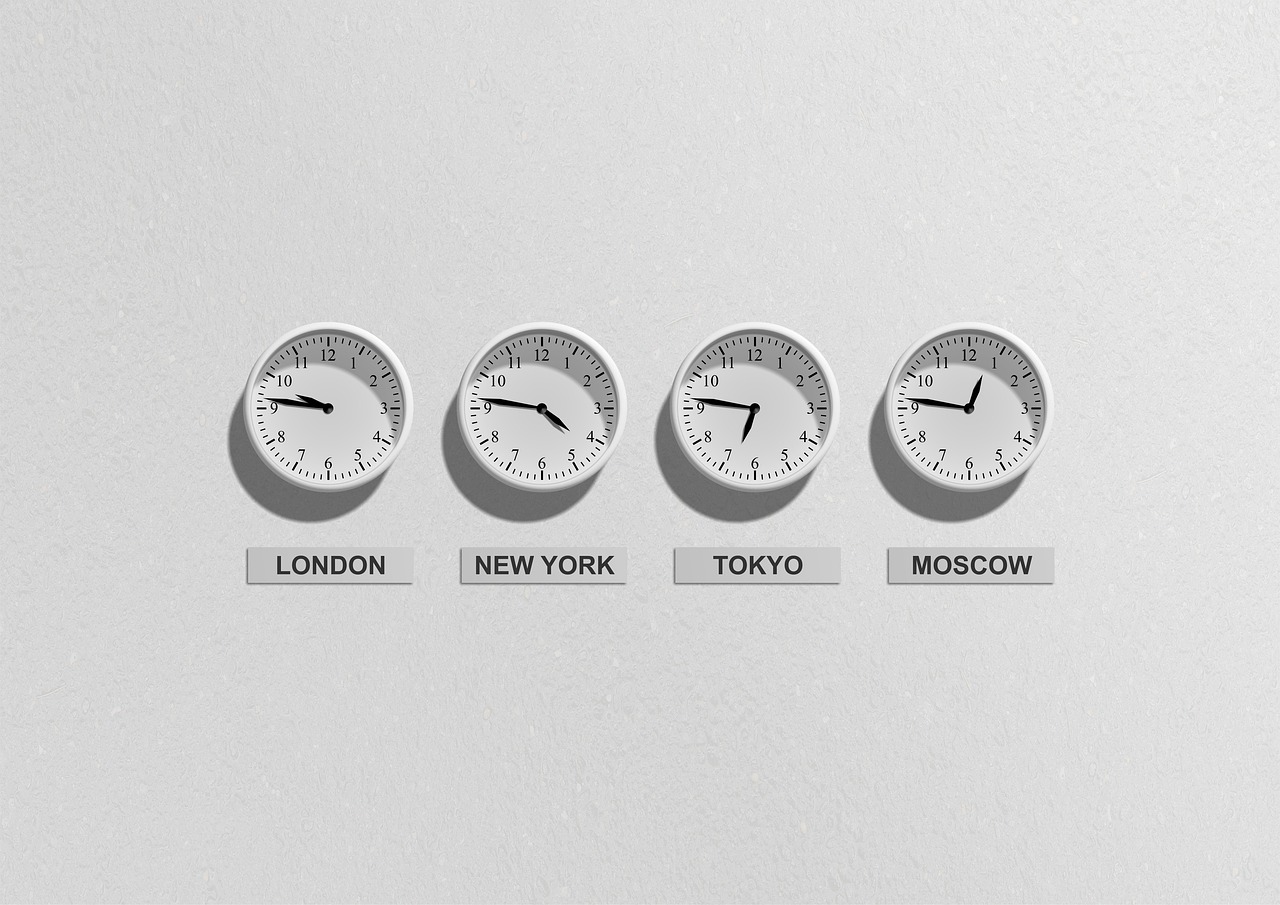#WFH: Work Isn’t About Clocking Your Time
Transformation and changes like this don’t come without adaption and effort. Organizations need to train people in FROG communication, pro-vide workers with understanding and support their needs at all levels. They need to create trust. Trust is created through mutual expectations and respect. We are asking people to work at increasing complex cognitive jobs. The age of the knowledge worker has changed the definition of the eight-hour day to one that is 24/7/365.
Leadership is about promoting different ways of thinking including trust and appreciation. There is a cost to the complexity of connecting using technology. This can be countered by developing close personal relationships and continued learning and growth. Virtual workers are loyal when they are appreciated and valued. They need to feel included. They need to know their contributions matter. They need time off and time for private lives. Leading, inspiring and measuring performance in the virtu-al environment is a two-way street. It requires the worker to have the personal skills needed for success. It also requires leaders to have clear communication skills and to develop ways to measure performance expectations.
We are slowly starting to see work as something other than clocking in and out. There has been a resurgence in monitoring applications even though all research shows that watching remote employees doesn’t make them more productive; if anything, just the opposite occurs. Bosses are beginning to admit that working from home makes workers more efficient. Internal ways of working are being adjusted to accommodate a remote work force. Families are spending more time together, less time commuting and even earth’s atmosphere is benefitting. But it is not all easy. Prior to COVID-19 about 43% of the U.S. workforce worked remotely, at least some of the time, according to Gallop. Workplace cultures, whether in the U.S. or China or most other countries, change slowly. Standard administration policies and procedures just don’t translate well to the remote workplace, and with the exception of technology and creative agencies, employers have a long way to go to feel really comfortable.
It always comes back to trust and control. When employees respond to emails or texts late, or take time for personal things, or miss a meeting, it can make administration feel uneasy. Weekly meetings, daily meeting and impromptu meetings can make them feel like they are more connected, and everyone is on the same page. Daily reporting on what employees have done, what they plan on doing tomorrow, and what they are doing today is also often required. These are evidence of the “trust gap.” Often, it might make administration feel better, but it doesn’t usually work out well with employees. More time in meaningless meetings cuts into time for real work. Reporting daily achievements and tomorrow’s tasks takes time. Workers think it decreases efficiency and increases unnecessary time.
#AI@Work, #WFH, #RemoteWork, #WorkFromHome, #BobbeGB, #BobbeBaggio, #ThePajamaEffect, #Touchpoints, #Virtual Workplace, #Work From Home #PJEffect, #LinkedInNewsLive





